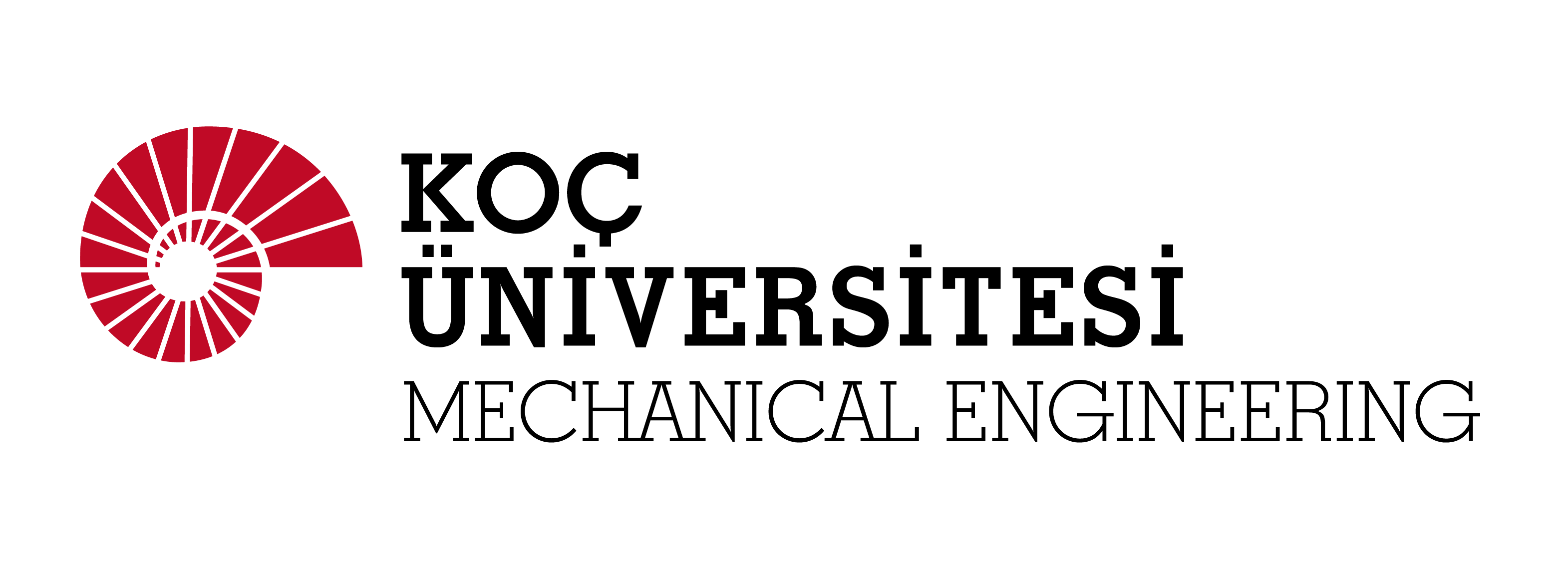CE Seminar by Dr. Mustafa Mert Torunbalcı-Magnetoelectric and Non-reciprocal MEMS Components for Low Energy Computing and Quantum Systems
December 24, 2019KOÇ UNIVERSITY
COLLEGE OF ENGINEERING
ENGINEERING SEMINAR SERIES
Speaker: Dr. Mustafa Mert Torunbalci
Title: Magnetoelectric and Non-reciprocal MEMS Components for Low Energy Computing and Quantum Systems
Date: December 25, 2019
Time: 11:00-12:30
Place: ENG 127
Host: Levent Beker
Abstract
There is an increasing demand for ultra-low-energy encoding of classical logic bits “0” and “1” for new era electronic devices. Intel recently proposed magneto-electric spin-orbit (MESO) spintronic logic technology as a beyond-CMOS replacement for ultra-low-energy microprocessors. The key MESO component is a charge to spin magnetoelectric transducer made using thin-film multiferroics. In contrast, quantum computing is inherently “low-power” in terms of energy dissipation. However, these devices require non-reciprocal components for unidirectional routing of high power read signals at cryogenic temperatures for dispersive readout of qubit state. In the first part of the talk, I will introduce magnetoelectric MEMS transducer which is a promising building block for MESO technology. The magnetoelectric MEMS transducer consists of a thin-film CoFeB ferromagnet that is fabricated at the base of an AlN cantilever. The mechanical bending of the AlN cantilever generates in-plane unidirectional strain at the base which couples to CoFeB ferromagnetic strip via magnetoelectric effect. The magnetization rotation is electrically detected by measuring the anisotropic magnetoresistance (AMR) of the CoFeB strip. In the second part of the talk, I will introduce first MEMS-only microwave circulator that uses its bending mode to mechanically modulate the film bulk acoustic resonator (FBAR) mode with appropriate phase difference. The use of bending mode for modulation eliminates the need for external tuning elements such as varactors or switches, significantly simplifying the modulation network, improving the linearity and RF power handling and reducing the size. The MEMS circulator chip achieves a large non-reciprocity with a low insertion loss at GHz frequencies and operate even better at cryogenic temperatures due to quality factor enhancement of FBAR.
Bio
Dr. Mustafa Mert Torunbalci graduated in 2015 with a Ph.D. degree in Micro and Nanotechnology from Middle East Technical University (METU). His Ph.D. was about development of novel wafer level fabrication and hermetic packaging platforms for MEMS inertial sensors. From 2008 to 2015, he was a research assistant with METU-MEMS Center. Since 2015, Dr. Torunbalci has been a post-doctoral researcher working with Prof. Sunil Bhave in Electrical and Computer Engineering at Purdue University. In his post-doctoral work, he has been involved in integration of MEMS devices with new physical concepts to develop non-reciprocal microwave components, Giant Optomechanical Bulk-micromachined Light Induced Transducers (GOBLITs), and hybrid spintronic devices. His current research focuses on development of magnetoelectric MEMS transducers and cryogenic MEMS circulators for low energy computing and quantum systems. Dr. Torunbalci received Best Ph.D. Thesis award from METU, Best University Patent Award from ArEGE, and Trask Innovation Fund Award from Purdue University.
